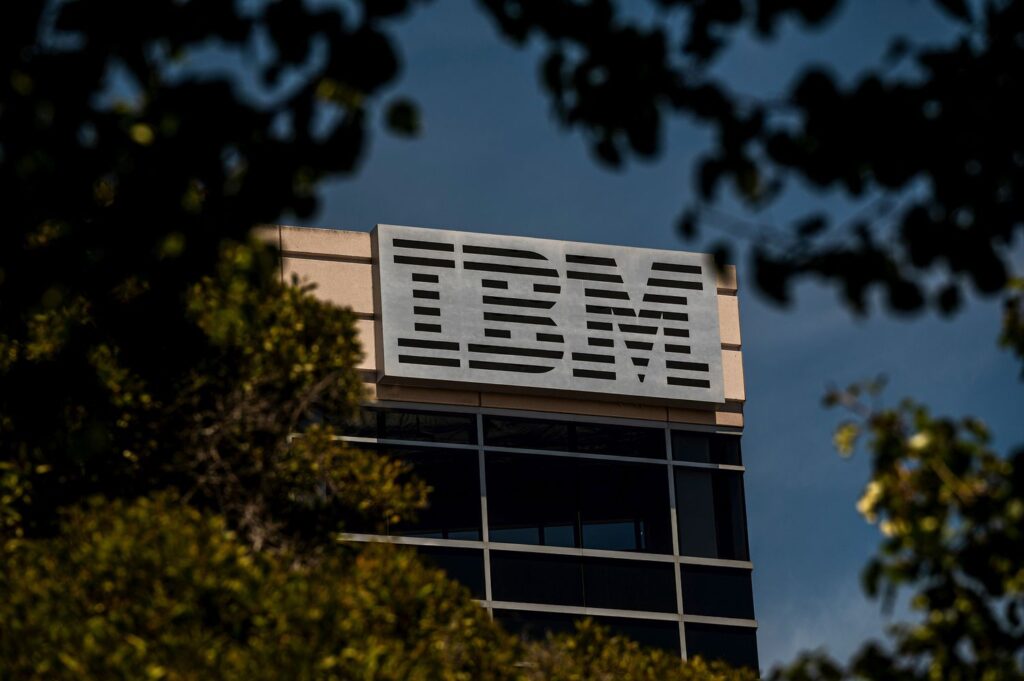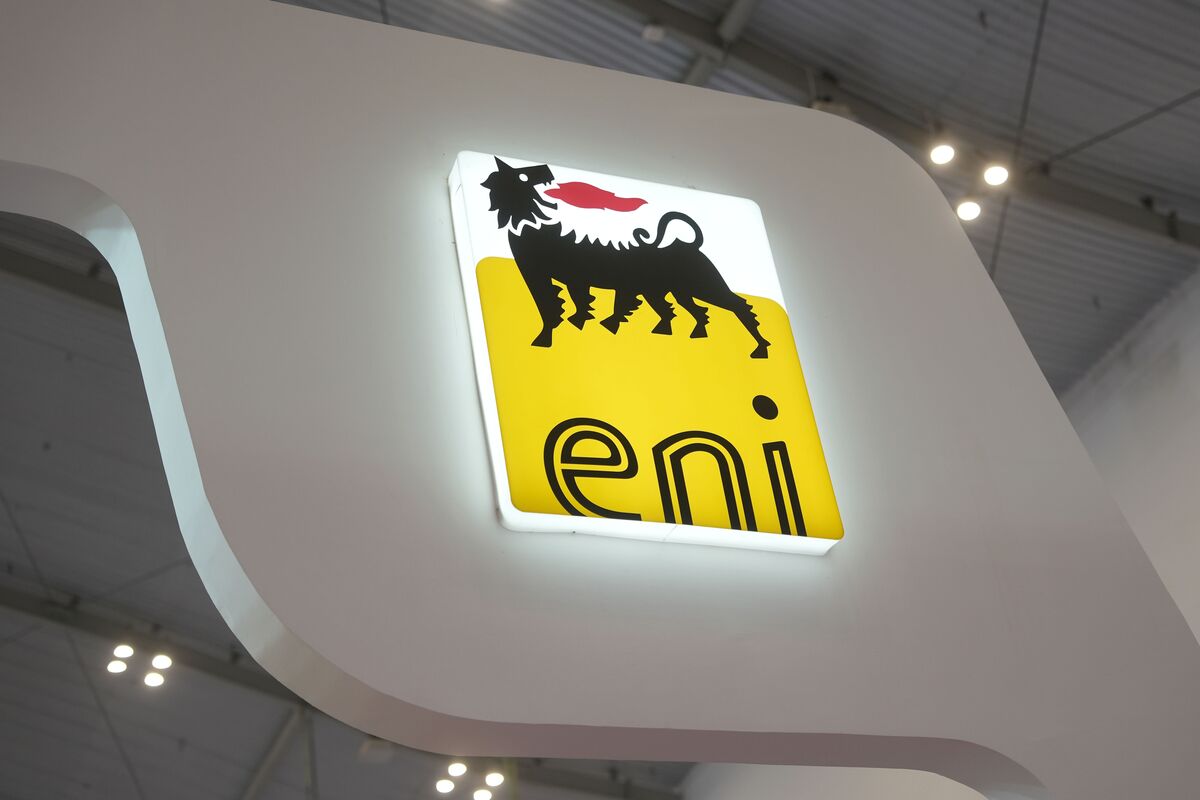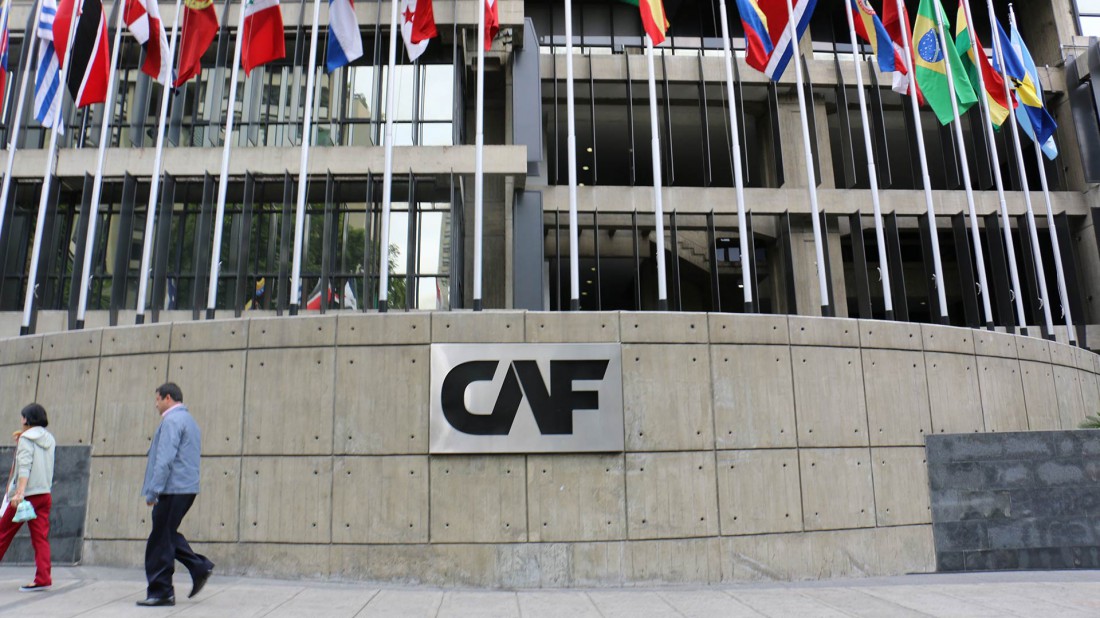IBM, SEforALL Launch New AI Tools for Sustainable City Planning In Developing Regions

|
Listen to this story:
|
- AI Tools for Urban Planning: IBM and Sustainable Energy for All (SEforALL) introduced Open Building Insights and Modeling Urban Growth to aid policymakers in understanding and planning energy and infrastructure needs in developing regions.
- Impactful Insights: Open Building Insights is already making a significant impact in Kenya, guiding energy planning measures expected to benefit 1.1 million citizens by 2030.
- Global Reach and Accessibility: Modeling Urban Growth, available on GitHub, enables worldwide users to predict city growth and support urban development using open-source AI technology.
At COP29 in Baku, Azerbaijan, IBM and Sustainable Energy for All (SEforALL) announced new AI-powered tools designed to guide sustainable urban development globally. These tools, launched as part of the IBM Sustainability Accelerator program, are aimed at assisting policymakers in mapping urban growth and identifying energy and infrastructure needs in developing regions.
“At IBM, we’re proud to launch solutions that harness the power of artificial intelligence to have an impact for communities around the world,” stated John Matogo, Corporate Social Responsibility Leader for Africa & the Middle East at IBM. “Collaborating with organizations such as Sustainable Energy for All through our IBM Sustainability Accelerator program helps us unlock innovation and work more closely in communities to tackle some of our biggest challenges, especially around energy and sustainable urban development.”

Open Building Insights Platform
The Open Building Insights (OBI) platform is a key project resulting from IBM’s work with SEforALL. Developed using IBM watsonx AI and running on IBM Cloud, OBI consolidates detailed building data, including location, height, footprint, and type of use, into an interactive map that can be accessed publicly. This tool integrates models from the German Aerospace Center (DLR) to estimate building heights and Open Energy Maps for electricity consumption data.
Damilola Ogunbiyi, CEO and Special Representative of the UN Secretary-General for SEforALL, said, “The Open Building Insights (OBI) Tool, that SEforALL has developed in collaboration with IBM, will help energy planners overcome critical data gap challenges to inform energy access and energy transition interventions, and better deliver results for those most in need.”

In Kenya, the tool is already in use, helping Makueni County gather essential insights to plan energy interventions projected to benefit approximately 1,139,000 citizens by 2030. The OBI platform is also available for Maharashtra, India, showcasing its potential for broader application.
Modeling Urban Growth
IBM’s second AI tool, Modeling Urban Growth (MUG), is an open-source AI model that predicts urban expansion by analyzing historical satellite data, geographic features, and road layouts. This model helps identify future urbanization trends, guiding infrastructure and energy service prioritization.
RELATED ARTICLE: IBM’s ESG Suite Secures Approval to Aid Federal Agencies in ESG Data Management
MUG is currently trained with data from several African countries, including Nigeria, Benin, Togo, Ghana, and others, making it a versatile tool for decision-makers focused on urban development. It is available on GitHub with an instructional guide for developers to re-train the model for use in other regions, broadening its accessibility.
IBM’s expanded partnership with SEforALL aims to continue enhancing the OBI platform and integrating MUG into it, supporting sustainable development efforts in India and potentially other regions.
These AI-powered solutions represent a significant step in using technology to tackle urban and energy planning challenges, especially in developing areas where comprehensive data and planning tools are most needed.
Follow ESG News on LinkedIn









